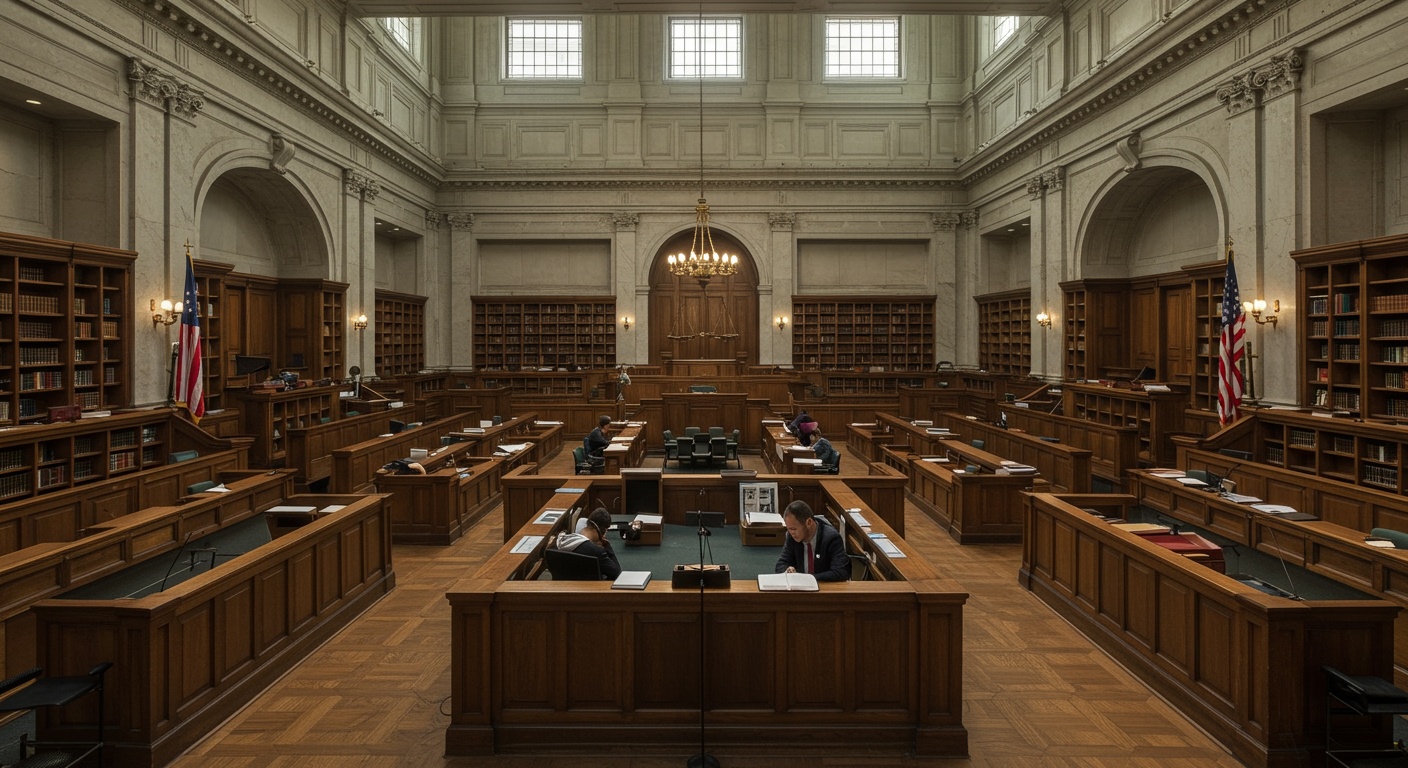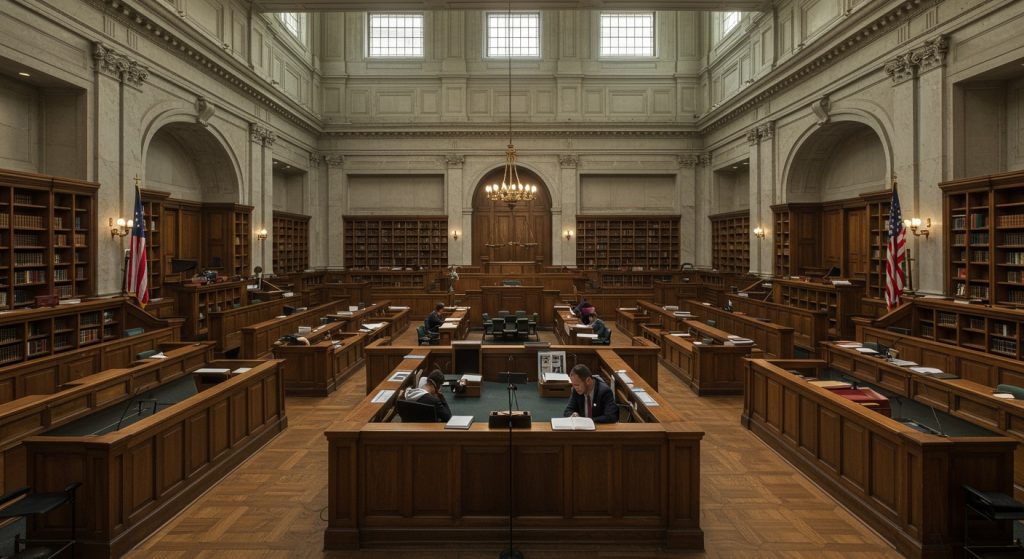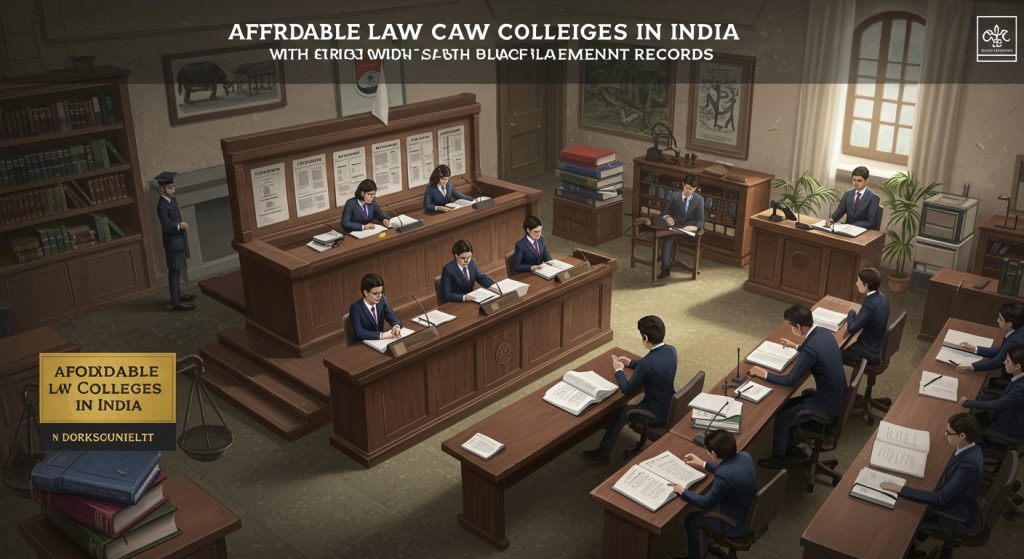Embarking on a law degree is a monumental decision. The path isn’t always clear-cut. The choice between public and private law schools presents a complex equation, impacting everything from tuition costs and career prospects to faculty access and alumni networks. Consider this: while public institutions often boast lower tuition driven by state funding, private schools might offer more specialized programs, like those focusing on emerging tech law, a field experiencing explosive growth. Assessing these options requires careful consideration of factors beyond just sticker price. We’ll delve into these crucial areas, helping you navigate the landscape and determine which environment best aligns with your aspirations and financial realities, ultimately shaping your legal career’s trajectory.

Understanding the Landscape: Public Law Schools
Public Law schools are typically institutions that receive funding from state governments. This funding structure directly impacts tuition costs, making them generally more affordable than their private counterparts, especially for in-state residents. Beyond cost, the mission and focus of public Law schools often reflect the needs and priorities of the state they serve.
- Funding Model: Primarily funded by state taxes, resulting in lower tuition fees for residents.
- Mission and Focus: Often geared toward serving the legal needs of the state, with programs focusing on state law and public service.
- Admission: Can be highly competitive, especially for in-state residents due to the high demand for affordable Law education.
- Faculty: Often includes professors with strong ties to the state’s legal community, including judges, practicing attorneys. Policymakers.
Real-world application: Many public Law schools offer clinics focused on issues specific to their state, such as environmental Law in states with significant natural resources or agricultural Law in farming-heavy regions. This provides valuable hands-on experience for students while addressing crucial state needs.
Decoding the Domain: Private Law Schools
Private Law schools, on the other hand, operate independently of state funding. Their revenue primarily comes from tuition, endowments. Donations. This financial model allows them greater autonomy in curriculum design, faculty recruitment. Overall institutional direction. But, this independence comes at a higher cost for students.
- Funding Model: Primarily funded by tuition, endowments. Private donations, leading to higher tuition fees.
- Mission and Focus: Often have a broader, more national or international focus, with specialized programs in areas like international Law, corporate Law, or intellectual property Law.
- Admission: Can be highly selective, often attracting students from across the country and around the world.
- Faculty: Often includes nationally and internationally recognized scholars and practitioners in various fields of Law.
A personal anecdote: I know a graduate from a prominent private Law school who specialized in international arbitration. The school’s extensive network and global reputation opened doors to internships and job opportunities with international organizations and law firms, ultimately shaping her career trajectory.
Cost Comparison: Dollars and Sense
The financial implications of choosing between public and private Law schools are significant. While public Law schools offer lower tuition rates, particularly for in-state residents, private Law schools often provide more substantial financial aid packages. It’s crucial to compare the net cost – tuition minus scholarships and grants – rather than just the sticker price.
| Factor | Public Law School | Private Law School |
|---|---|---|
| Tuition | Lower (especially for in-state residents) | Higher |
| Financial Aid | Potentially less generous | Potentially more generous (need and merit-based) |
| Living Expenses | Varies depending on location | Varies depending on location (often higher in major cities) |
| Overall Cost | Potentially lower, especially after factoring in-state tuition | Potentially higher. Can be offset by substantial financial aid |
It’s also vital to consider the potential return on investment. While a lower tuition bill might seem appealing, a private Law school’s stronger alumni network or specialized programs could lead to better job prospects and higher earning potential, ultimately justifying the higher cost.
Curriculum and Specialization: Tailoring Your Law Education
Public and private Law schools often differ in their curriculum and specialization offerings. Public Law schools tend to emphasize state Law and public service, while private Law schools often offer a wider range of specialized programs, including international Law, corporate Law. Intellectual property Law.
- Public Law Schools: Strong focus on state Law, constitutional Law, criminal Law. Public interest Law. Often have clinics and programs related to state-specific legal issues.
- Private Law Schools: Wider range of specialized programs, including international Law, corporate Law, intellectual property Law, environmental Law. Human rights Law. Often have research centers and institutes dedicated to specific areas of Law.
Choosing a school with a strong program in your area of interest is crucial. For example, if you’re passionate about environmental Law, a private Law school with a renowned environmental Law program might be a better fit, even if it’s more expensive. Conversely, if you’re interested in practicing criminal Law in your home state, a public Law school with strong ties to the state’s legal community could be the ideal choice.
Career Prospects and Networking: Building Your Legal Future
The career prospects and networking opportunities offered by public and private Law schools can also vary significantly. Private Law schools often have stronger national and international networks, while public Law schools tend to have stronger connections within their state.
- Public Law Schools: Strong connections within the state’s legal community, including government agencies, law firms. Courts. Often have career services offices that specialize in placing graduates in state-level positions.
- Private Law Schools: Stronger national and international networks, with alumni working in prominent law firms, corporations. International organizations around the world. Often have career services offices that focus on placing graduates in national and international positions.
Consider your career goals when evaluating schools. If you aspire to work for a specific law firm or organization, research where their attorneys and staff graduated from. Attending a school with a strong alumni network in that organization can significantly increase your chances of landing an internship or job.
Location, Location, Location: The Importance of Setting
The location of a Law school can significantly impact your overall experience and career prospects. Law schools located in major cities often offer more internship and networking opportunities, while those in smaller towns may provide a more affordable and focused learning environment.
- Urban Law Schools: Offer proximity to law firms, courts, government agencies. Other legal institutions. Provide more opportunities for internships, clerkships. Networking events.
- Rural Law Schools: Offer a more affordable cost of living and a more focused learning environment. May provide unique opportunities to study specific areas of Law related to the local community, such as agricultural Law or environmental Law.
Think about your personal preferences and career goals when considering location. Do you thrive in a bustling city environment, or do you prefer a more relaxed and intimate setting? Do you want to be close to specific legal institutions or industries? The answers to these questions can help you narrow down your options.
Culture and Community: Finding Your Fit
The culture and community of a Law school can have a profound impact on your overall well-being and academic success. Some Law schools have a collaborative and supportive environment, while others are more competitive and individualistic.
- Collaborative Law Schools: Emphasize teamwork, mentorship. Community involvement. Often have student organizations and programs that promote collaboration and support.
- Competitive Law Schools: Emphasize academic achievement, individual performance. Career advancement. May have a more rigorous and demanding academic environment.
Visit the Law schools you’re considering and talk to current students and faculty to get a sense of the school’s culture. Attend a class, participate in a student organization meeting. Ask questions about the school’s values and priorities. Choosing a school with a culture that aligns with your personality and learning style can significantly enhance your Law school experience.
Real-World Examples and Case Studies: Learning from Experience
Several real-world examples illustrate the impact of choosing between public and private Law schools. For instance, the University of California, Berkeley School of Law, a public institution, consistently produces graduates who excel in public service and government positions within California. Conversely, Harvard Law School, a private institution, boasts alumni who lead international organizations and Fortune 500 companies. A case study: A student interested in becoming a public defender chose to attend a public Law school in their home state due to its strong criminal Law program and connections with local public defender offices. This allowed them to gain valuable experience through internships and clinical opportunities, ultimately leading to a successful career as a public defender. Another case study: A student with aspirations of working in international corporate Law chose to attend a private Law school with a renowned international Law program and a strong alumni network in global law firms. This provided them with access to specialized courses, international internships. Networking opportunities, ultimately helping them land a job at a prestigious international law firm.
Conclusion
Choosing between public and private law school is a pivotal decision that shapes not only your education but also your career trajectory. You’ve weighed the potential for lower tuition at public institutions against the often-smaller class sizes and specialized programs of private schools. As an expert, I’ve seen many students thrive in both environments. The key is aligning your choice with your personal learning style and career aspirations. One common pitfall is focusing solely on prestige. While a well-known private school can open doors, a strong performance at a respected public school, coupled with impactful internships and networking, can be equally advantageous. Remember, the legal landscape is constantly evolving, with increasing emphasis on practical skills and technological proficiency. Best practices involve carefully researching faculty expertise, networking opportunities. Clinical programs offered by each institution. Ultimately, your success hinges on your dedication, hard work. Ability to leverage the resources available to you, regardless of the institution type. Embrace the challenge. I encourage you to pursue the path that best resonates with your individual goals and financial realities.
More Articles
Affordable Law Colleges In India With Quality Education
Affordable Law Colleges in India with Quality Education
Top Universities In Germany For Master’s In Finance
Affordable Engineering Colleges In India With High ROI
FAQs
Okay, so what’s the BIG difference between getting a law degree from a public vs. A private school? Is it just the price tag?
The price tag is definitely a major factor! Public schools, especially if you’re an in-state resident, are generally much more affordable. But it’s not JUST about the money. Private schools often have smaller class sizes, potentially more specialized programs. Sometimes, stronger alumni networks in certain areas. Think of it like this: public schools are often the ‘best bang for your buck,’ while private schools might offer a more tailored (and expensive) experience.
Speaking of price, how MUCH cheaper are we talking with public law schools?
It can vary WILDLY. Generally, you could be looking at saving tens of thousands of dollars per year at a public school, especially if you qualify for in-state tuition. Out-of-state tuition at public schools can still be pricey, though. Do your homework and compare the specific tuition and fees for each school you’re considering!
Does the type of school I go to (public or private) actually matter when I’m trying to get a job after graduation?
It can. Some large, prestigious law firms tend to recruit heavily from top-tier private schools. But, a strong GPA, good networking skills. Relevant experience (like internships or clerkships) can level the playing field significantly, regardless of where you went to law school. Plenty of successful lawyers graduated from public institutions!
What about scholarships? Are they easier to get at one type of school over the other?
Scholarships are competitive everywhere! Private schools might have more scholarship dollars available overall. They’re also likely charging a higher tuition in the first place. Public schools, while potentially having fewer merit-based scholarships, often have access to more need-based aid for in-state residents. Apply widely and early!
Okay, so let’s say I’m aiming for a specific area of law, like environmental law. Does the school type influence my program options?
Potentially! Some private schools are known for having very specific niche programs or centers of excellence. If you’re dead-set on a very specific area, research which schools – public or private – have the best resources and faculty in that field. Don’t assume one type is always superior.
Is there a difference in the quality of the professors at public versus private law schools?
It’s less about type of school and more about the individual professors and the overall reputation of the law school itself. You’ll find brilliant and dedicated professors at both public and private institutions. Look into the faculty profiles, their research interests. Their teaching experience when you’re evaluating schools.
Last one: If I’m not sure what kind of law I want to practice, is one type of school ‘safer’ than the other?
If you’re undecided, a more general law program at a well-regarded either public or private school is probably the way to go. Don’t break the bank on a super-specialized program if you’re not even sure you’re interested in that area! Focus on getting a solid foundation in legal principles and exploring different areas through electives and internships.



